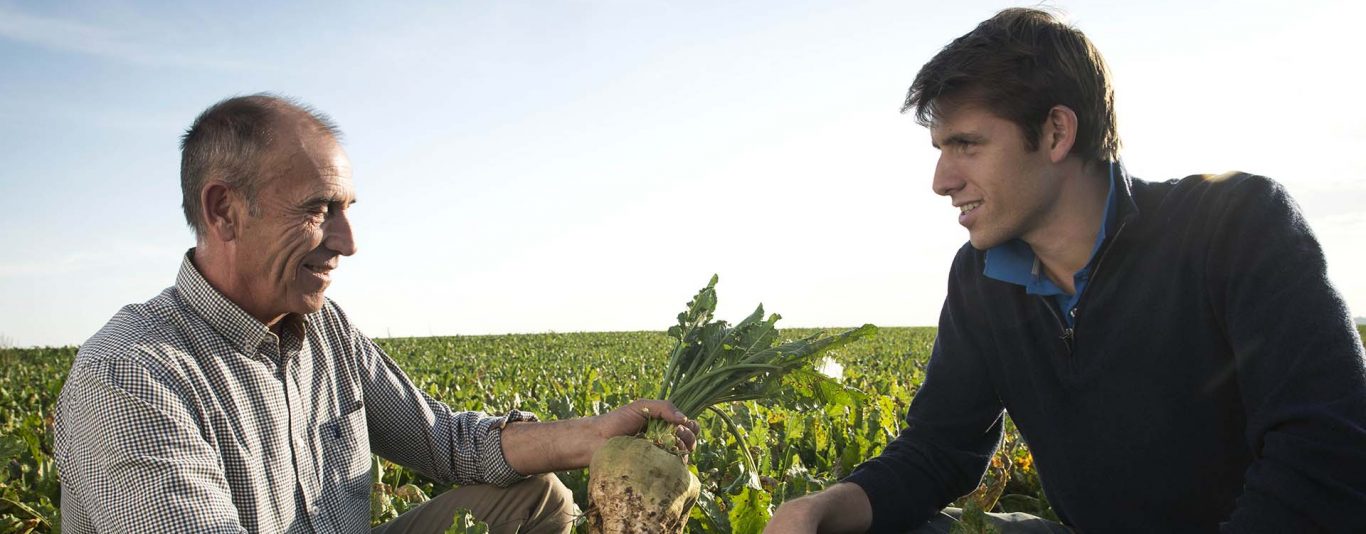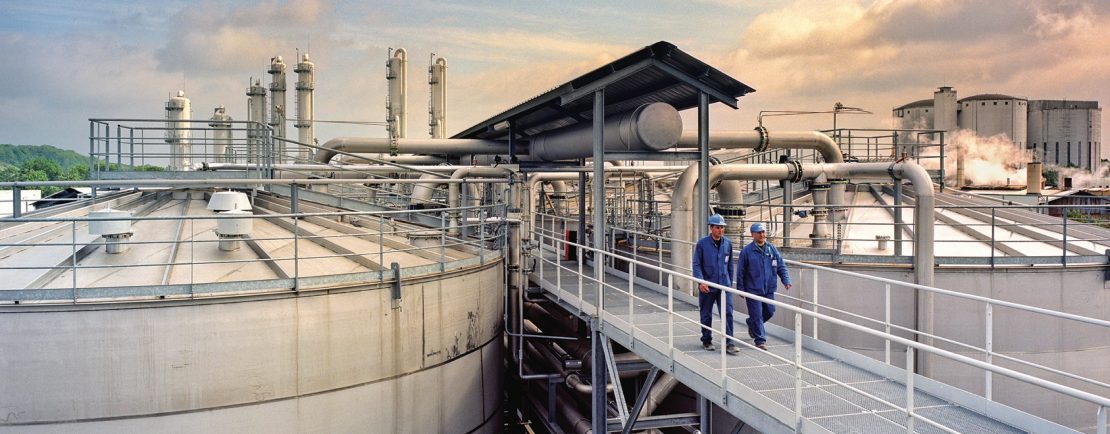SUSTAINABLE DEVELOPMENT
Sustainable Agriculture

Our raw materials are scarce and precious, so we have made a deliberate choice to promote efficient and sustainable farming practices.
Tereos is a cooperative group that maintains strong links with the world of agriculture, both in France, where farmers are cooperative growers, and the rest of the world, where we maintain close links with our raw materials suppliers.
Virtually all the agricultural raw materials that we transform come through direct channels, which allows us to exert control over the conditions of production. To meet our climatic and demographic challenges, our priority is combining the growth we need in yields with reducing the environmental footprint of the field.
Day after day, we help farmers produce more and better through agronomic advice, the choice of varieties and the promotion of new sustainable and competitive farming practices.
En chiffres
Examples of actions supporting sustainable agriculture
100% of Tereos’ agricultural partners in France and the Czech Republic are Gold or Silver rated by ‘Farmer Self Assessment’ of SAI Platform, an organisation that supports the development of socially and environmentally responsible agriculture.
Another example, the water used to wash sugar beets and potatoes during the transformation process is recycled to provide irrigation for crops. This water is rich in fertilising elements irrigates cultivated farmland close to production facilities, which can fully recycle this resource. Fertigation is practised in Brazil, for instance, where 40,000 hectares of sugar cane were irrigated this year using this technique.
Finally, in 2020, Tereos launched its first HVE (High Environmental Value) sugarbeet campaign. This certification commits its farmers to four areas: preservation of biodiversity, reduction of plant protection products, reduction of nitrogen fertilization and protection of water resources.


